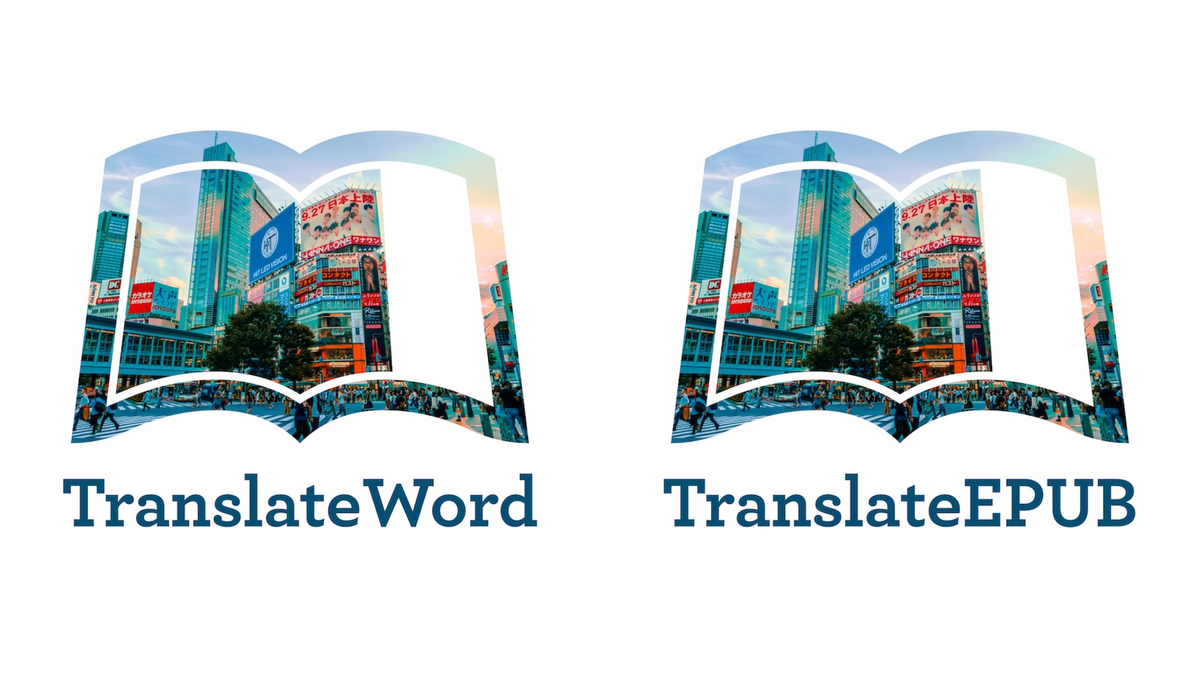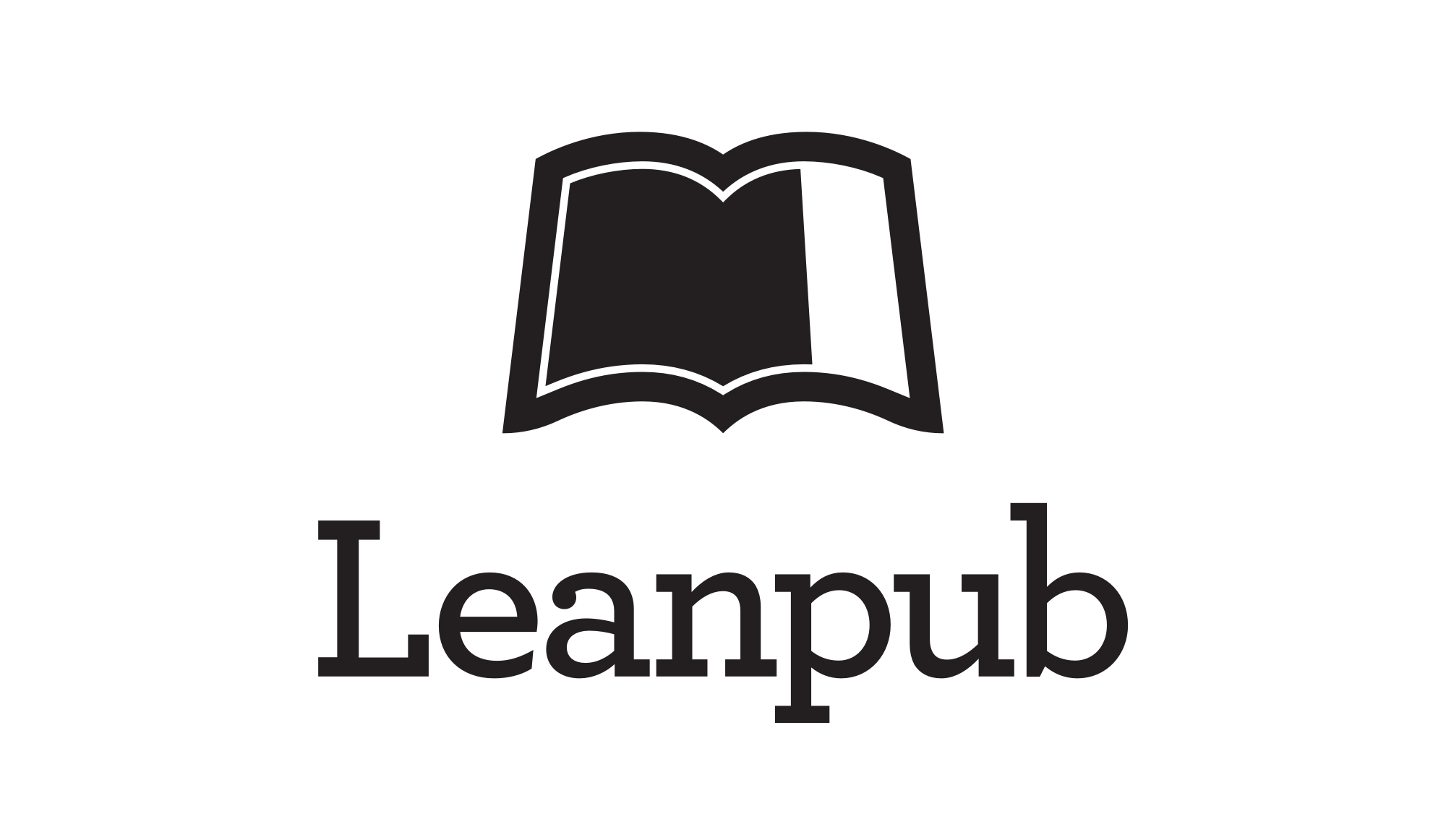The Next Revolution in Book Publishing is Happening Right Now
The Next Revolution in Book Publishing is AI-Assisted Translation of Every Publisher's Backlist and Every New Book They Publish in the Future

It's a bracing thing to list the great revolutions in book publishing history in just a few bullet points, when you consider the profoundly positive transformation each one represents for knowledge and education, but here they are:
- The invention of the codex
- The invention of paper
- The invention of the printing press
- The introduction of the lending library
- The development of mass production and modern methods of distribution
- The global adoption of universal education
- Modern retail, including the centralization and digitization of ordering and sales information
- Usable and affordable tools for desktop publishing
- The development of e-commerce
- The invention of the ebook and global digital ebook distribution
- The invention of print-on-demand machinery and services
It's even more bracing when you look at that list realize that if it were a chart, the scale of change would be logarithmic - and that the next revolution is here, happening right now.
The Next Revolution in Book Publishing is AI-Assisted Translation of Every Publisher's Backlist and Every New Book They Publish in the Future
One of the most obvious features of book publishing has not really been affected by any of these revolutions in technology, policy, and behavior:
Language itself.
Most people only ever learn to read and write in one language, and historically, no technology could really affect the fact that almost all books were written and published in just one language.
That's because book translation has always been very time-consuming and expensive.
As a result, almost all books ever published have been published in just one language.
That means they've only ever been available to the people who could read in that language.
But very recent developments in technology - specifically, language-based AI computational models, coupled with human-in-the-loop feedback mechanisms and similar work - means that those two limiting factors, time and expense, have both been dramatically reduced for book publishers.
This change is here now, and it will be a part of the book industry forever going forward. That's why it's a revolution.
What's Next for Book Publishers?
The short answer to this really big question is: no one knows exactly what comes next, and our industry is in the learning and experimentation phase.
I see it as a similar challenge to when ebooks became relatively quick and affordable to produce.
The big challenges for book publishers at that specific point in time basically were:
- How do I ensure quality, and customer confidence in my brand?
- How do I sell them?
- Will they cause me to lose money on my print book sales?
- How do I explain this potentially controversial change in the book industry to authors and readers?
- What technology platform and what process should I choose for creating this new kind of book?
Ensuring Quality
The approach Taylor & Francis (a big academic publisher) is currently taking regarding quality assurance is to copy edit AI-assisted translations, and do a round of editorial review, followed by a confirmation step where the author assesses the final draft.
Here's a recent article from The Bookseller about T&F's efforts, and how they're messaging it:
Taylor & Francis to use AI translation tools to publish books ‘otherwise unavailable in English’
Selling Translations
Historically most publishers have just sold translation rights, and let other publishers do both the translating and the selling in different languages.
With AI-assisted translation, publishers of the original book will now be able to do the translation step themselves, and the sales too, potentially making a lot more money from each book, since the whole world is their market now.
However, that means publishers will need to learn how to sell books in other languages.
I think Amazon's a good place to start experimenting, because it has dedicated marketplaces for Kindle books in eight non-English languages: Brazilian Portuguese, Dutch, French, German, Hindi, Italian, Japanese and Spanish.
And of course, Amazon's English-language platform is now available as a channel for people who publish books originally in any of those languages, too, and who want to translate their books into English themselves, for the first time.
Will I Lose Money on Sales of the Original Book?
This is a big difference between the ebook revolution, and the current revolution in book translation: sales of the new product will not decrease sales of the original one.
That's because very few people are bilingual enough to read books in two languages fluently. Most people around the world are simply excluded from reading the book if it's just published in the original language: sales of translations are a win-win.
What About Messaging?
Many publishers are naturally concerned about how to explain a shift to AI-assisted book translation.
My thoughts on this are similar to what I think T&F is trying to say: almost all books translated using AI would otherwise not be translated at all.
Here's what books managing director Jeremy North is quoted as saying in the Bookseller article about T&F's AI translations:
“This new initiative, which we will be working on hand-in-hand with our regional publishing partners, is a very positive use of AI technology. It promises to promote better understanding between cultures and accelerate awareness of the knowledge required to meet today’s challenges, regardless of where it is first published.”
I think that's exactly right.
Being able to translate all the world's books into all the world's languages is a great thing. It's a dramatic change for all of humanity, for the better.
What Platform or Partner Should I Choose for Translating My Books?
Giant publishers with huge budgets and staff might be able to partner with tech companies like Microsoft directly for their AI-assisted translations, but most publishers will almost certainly be using platform-based services they pay for translations.
I'm biased of course, but I think that currently the best choice for publishers in the world is Leanpub.
We've been revolutionizing book publishing in our own way since 2010, and I'm confident we're one of the most technologically sophisticated small teams in the book publishing industry in the world.
Since we're an ebook production platform, we don't just give you a translated manuscript when we're done: we also give you each translation in its own dedicated online editor so you can assess and improve it with a copy editor; we give you the files you need to publish it in ebook format, and the print-ready PDF files you need to publish using a print-on-demand platform like KDP or Ingram; and you can edit the translation and produce new versions as many times as you like, with just a couple of clicks.
You can watch me explain how it all works in this short video:
Where Can I Learn More?
You can try out our TranslateEPUB and our TranslateWord services yourself right now using the forms linked to below, by choosing your settings and uploading your manuscript file, in just a couple of minutes:
Or, you can email me at len@leanpub.com to arrange a half-hour meeting where we can discuss setting up a paid pilot, where we translate one or two of your books into one or two languages, and you can evaluate us and our process.
Meeting with you first and setting up a paid pilot is actually our preferred option right now: we want to learn how to serve publishers the same way we've learned to serve authors over the years, by talking with you directly.
What the Experts are Talking About
In 2024 I took part in a Book Industry Study Group webinar where I talked about Leanpub's AI-assisted book translation process. You can watch my appearance here, starting at 27:16:


